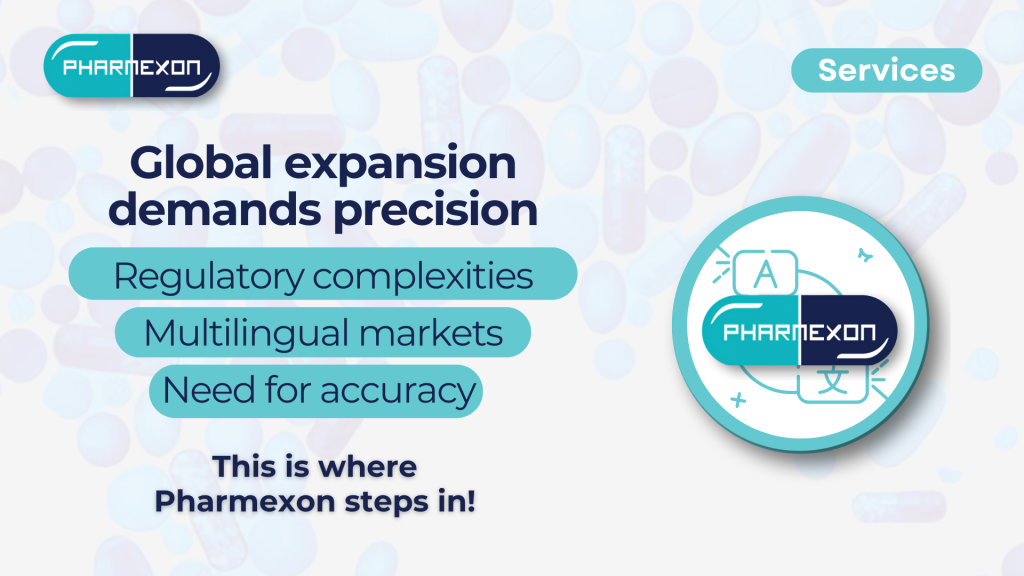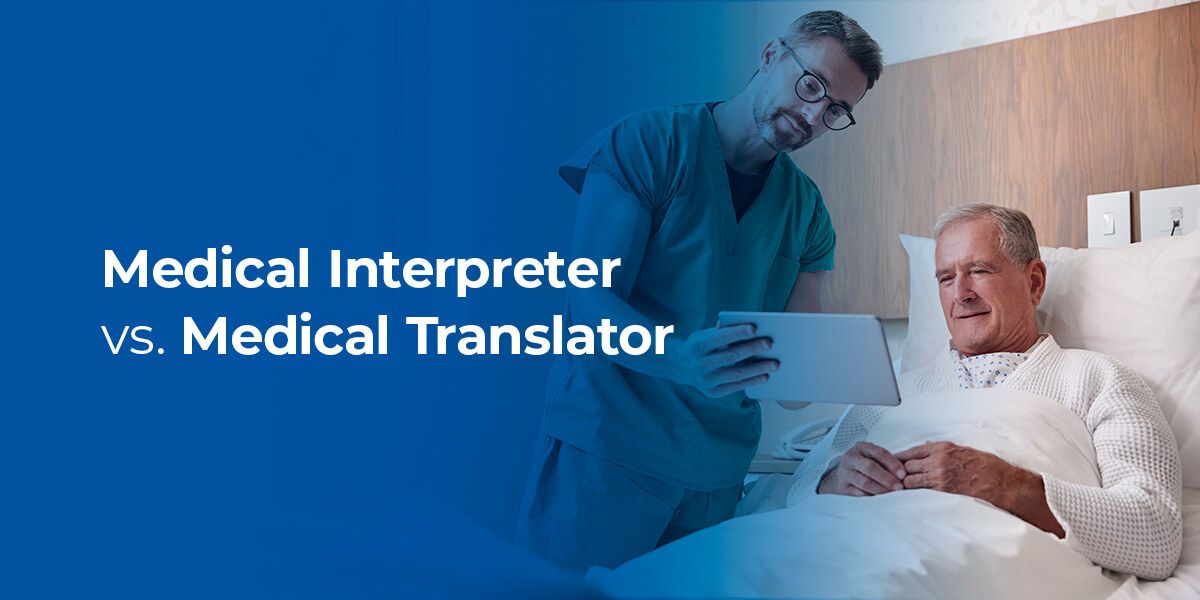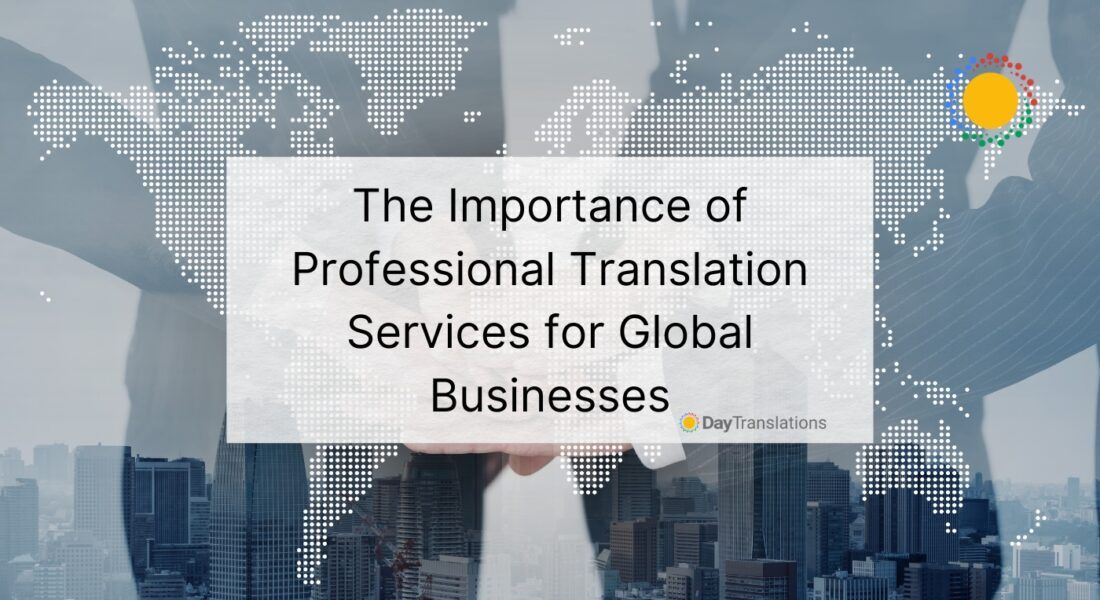In the fast-paced world of pharmaceuticals, accurate and compliant translation services are essential for success. The global nature of the industry means that pharmaceutical companies need to communicate with a diverse range of stakeholders in multiple languages. From clinical trial documentation to packaging labels and regulatory submissions, accurate translation is crucial for ensuring safety and efficacy, as well as maintaining compliance with local and international regulations.
The Importance of Compliance
One of the key challenges facing pharmaceutical companies when it comes to translation is ensuring compliance with regulations in different markets. Inaccurate translations can lead to serious consequences, including regulatory non-compliance, product recalls, and even legal action. That’s why it’s essential to work with a translation partner that understands the unique requirements of the pharmaceutical industry and has a proven track record of delivering accurate and compliant translations.
Regulatory Requirements
Pharmaceutical translation services must adhere to strict regulatory requirements in order to ensure the safety and efficacy of products. Regulatory agencies such as the FDA in the US and the EMA in Europe have specific guidelines for the translation of pharmaceutical documentation, including clinical trial protocols, informed consent forms, and patient information leaflets. It’s essential for pharmaceutical companies to work with a translation provider that has expertise in these regulations and can ensure that all translated materials meet the necessary standards.
The Importance of Quality
In addition to compliance, quality is another key consideration when it comes to pharmaceutical translation services. The accuracy of translations is crucial for ensuring that patients receive the correct information about their medications, dosages, and potential side effects. Poor-quality translations can not only compromise patient safety but also damage the reputation of pharmaceutical companies and erode trust among stakeholders.
Specialized Knowledge
Pharmaceutical translation requires specialized knowledge of medical terminology, regulatory requirements, and industry-specific language. Translators must have a deep understanding of the subject matter in order to accurately convey complex scientific and medical information. That’s why it’s essential to work with a translation provider that has a team of experienced linguists with expertise in the pharmaceutical industry.
Quality Assurance Processes
To ensure the highest level of quality, pharmaceutical translation services should have rigorous quality assurance processes in place. This includes multiple rounds of review by experienced linguists, as well as validation against the source material to ensure accuracy and consistency. In addition, translation providers should have systems in place for handling terminology management, glossaries, and style guides to maintain consistency across all translated materials.
Choosing the Right Translation Partner
When selecting a translation partner for pharmaceutical services, it’s important to consider a number of factors. Look for a provider that has a proven track record of delivering accurate and compliant translations for the pharmaceutical industry. Check for industry certifications, such as ISO 9001 and ISO 17100, which demonstrate a commitment to quality and customer satisfaction. And finally, make sure that the provider has a team of experienced linguists with expertise in pharmaceutical translation.
In conclusion, pharmaceutical translation services play a crucial role in ensuring compliance and quality within the industry. By working with a trusted translation partner that understands the unique requirements of pharmaceuticals, companies can mitigate risk, maintain regulatory compliance, and deliver accurate and reliable translations to stakeholders around the world.



